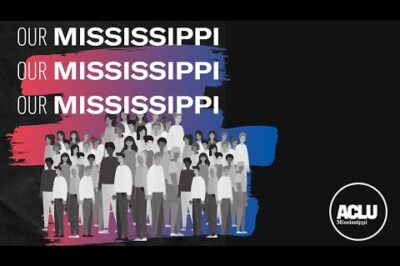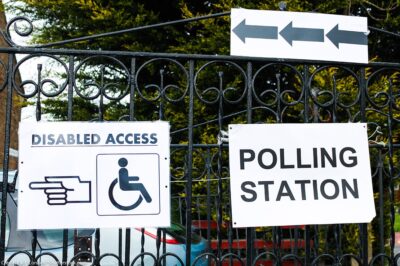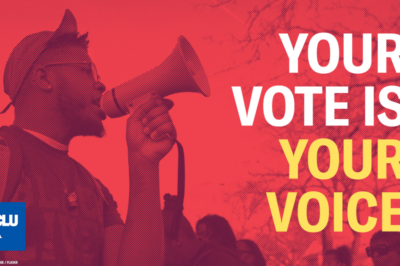Remembering Bloody Sunday: Anniversary is Reminder of Importance of Voting Rights Act
FOR IMMEDIATE RELEASE
Contact: Media@dcaclu.org
Statement of Anthony D. Romero, executive director of the American Civil Liberties Union
Forty years ago tomorrow, television viewers saw 500 peaceful demonstrators in Selma, Ala., teargassed and beaten with billy clubs by police. The marchers were protesting the murder of a young unarmed black man and the continued disenfranchisement of blacks in the South. The brutal, unprovoked attack on them sparked national outrage, and was a catalyst of the civil rights movement.
Just five months after “”Bloody Sunday,”” Congress passed the Voting Rights Act, one of the most successful civil rights laws in our nation’s history. It put an end to poll taxes, literacy tests, and other discriminatory barriers. It helped increase the number of black elected officials from 300 in 1964 to over 9,100 today. And, through its checks and balances on state policies, it continues to guarantee that minority voters have their voices heard at the polls.
Now, portions of the law are up for renewal. As we remember Bloody Sunday, we should remember the historic struggle of those who have sacrificed their lives for civil rights. We should take stock of all that the Voting Rights Act has accomplished. But we should also recognize, as President Johnson said, “”the battle [is] not over.””
A federal court ruled in 2004 that South Dakota discriminated against Native American voters through redistricting: Lines were drawn so that Native Americans were over-concentrated in a single district, in an illegal tactic called “”packing,”” thereby diluting their strength at the polls. Recent redistricting schemes in Texas, Louisiana, Alabama and other states have also been challenged using the Voting Rights Act.
Clearly, the Voting Rights Act is still needed. However, in 2007, three crucial parts of the act will expire unless Congress votes to renew them. One provision requires a mandatory federal review of any changes in election laws in jurisdictions with a documented history of discriminatory voting practices. Other provisions require some communities to provide bilingual election assistance, and ensure that federal examiners can be sent to monitor elections.
The reason that portions of the law require periodic renewal is that civil rights and democracy aren’t things that can be achieved: they must be constantly scrutinized, and vigilantly guarded. The Voting Rights Act wasn’t a quick fix, it was one part of a very long process. The act’s mission-ensuring fairness in our political process and equal opportunity for minorities in American politics-is enduring.
President Reagan understood this, as he and a near unanimous Congress reauthorized the law 25 years ago with virtually no dissent. In fact, each time the law has been renewed, it has been ratified and strengthened by a Republican president: Nixon (1970), Ford (1975), Reagan (1982) and George H.W. Bush (1992). President Bush should make sure he follows in those footsteps.
For more information on the Voting Rights Act reauthorization, please visit:
/votingrights
Stay Informed
Every month, you'll receive regular roundups of the most important civil rights and civil liberties developments. Remember: a well-informed citizenry is the best defense against tyranny.




